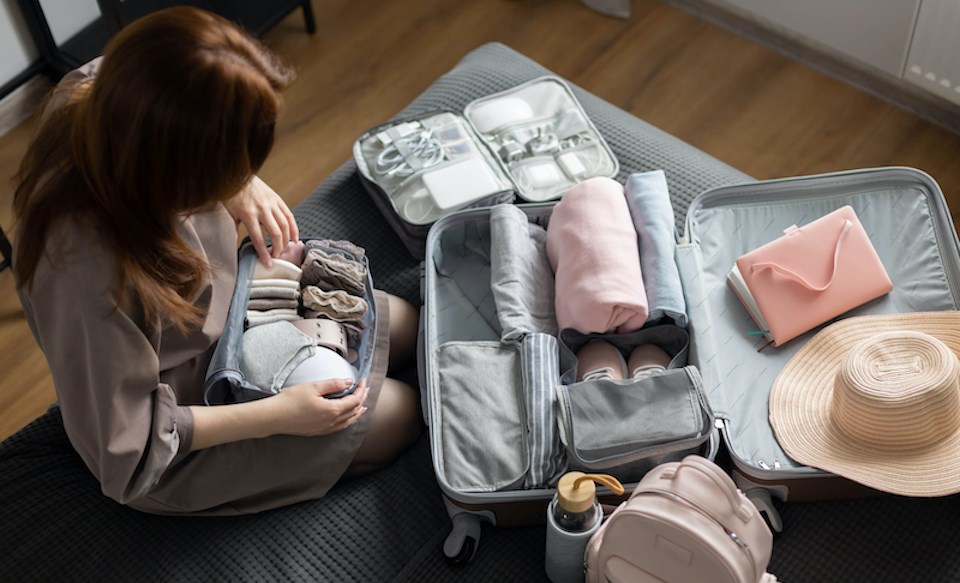Canadians are trying to be more mindful of their packing habits in the wake of massive baggage losses across the globe — but they might need to rethink what they are trying to take in their carry-on bags.
Ideally, packing everything you need into a carry-on bag will save you the heartbreak of having your luggage lost in transportation. Luckily, many international airlines include a carry-on bag in the price of a ticket as well as a personal item. Air Canada, for example, allows passengers to bring one on board, regardless of the destination.
Some smaller or budget airlines charge for any luggage on board, however. Swoop, for example, allows one free personal item but , and the prices increase based on the length of the flight. Similarly, Flair Airlines will also include a personal item but charges for carry-on luggage. The price varies if you purchase it online or at the airport, however.
What to know about carry-on baggage at Canadian airports
You are permitted to bring two carry-on bags as per Transport Canada's baggage allowance rules. That said, you'll always want to check with your airline's specific baggage allowances to ensure that you can bring two bags. And, even if you are permitted to do so, size and weight allowances may vary, as well as charges.
While it varies, some of the typical baggage that would be considered acceptable carry-on luggage includes small suitcases, overnight bags, backpacks, briefcases, laptop bags, and camera cases that also carry items such as spare lenses and film.
In addition to your two pieces of carry-on luggage, you may also bring other items that won't count toward your maximum carry-on allotment. Of course, these items, similar to other baggage allowances, are airline-dependent.
The Canadian Air Transport Security Authority (CATSA) notes that they may include some of the following items:
- small purses
- cases containing only cameras (still or video)
- medication or medical equipment (oxygen tank, doctor’s bag, CPAP machine)
- coats and outer garments
- crutches, canes, or walkers
- diplomatic or consular bags
- strollers and child restraint systems
- duty-free items purchased after the security check
- snacks that are not
All liquids, gels, and aerosols in your carry-on baggage must be in containers of 100ml or less and placed in a clear, one-litre resealable bag. Electronics, including laptops, should be easy to remove from your carry-on because CATSA will need to screen it through the X-Ray machine in a separate bin.
If you have fragile items, including prescription eyewear and sunglasses, dishes, figurines, or glassware, ensure they are packed in a way that will prevent breakage.
Not sure what else you can pack into your carry-on bags? Check CATSA's "?" list for more information.
What to know about checked baggage at Canadian airports
While there are several items that you can't bring in your carry-on luggage, you can take many of them with you in your checked baggage. However, there some items you aren't permitted to bring on the plane. You can use CATSA's search box or view its to determine if an item can be packed in your carry-on or if it has to be placed in your checked baggage.
The agency notes that locked bags can still be physically searched.
Can items be removed by a CATSA officer without them informing you?
If you notice that an item is missing from your luggage, a CATSA screening officer may have removed it during an inspection. However, they will leave a “Notification of Checked Baggage Inspection” card in your bag if they remove something.
If you discover that an item is missing but there is no notification card, then an officer did not remove it. In this case, you should contact the directly for more information.
In the summer, a man shared an Air Canada baggage horror story after receiving his bag over a month after his trip with Air Canada. He said he was "absolutely disgusted" with the service he received.



